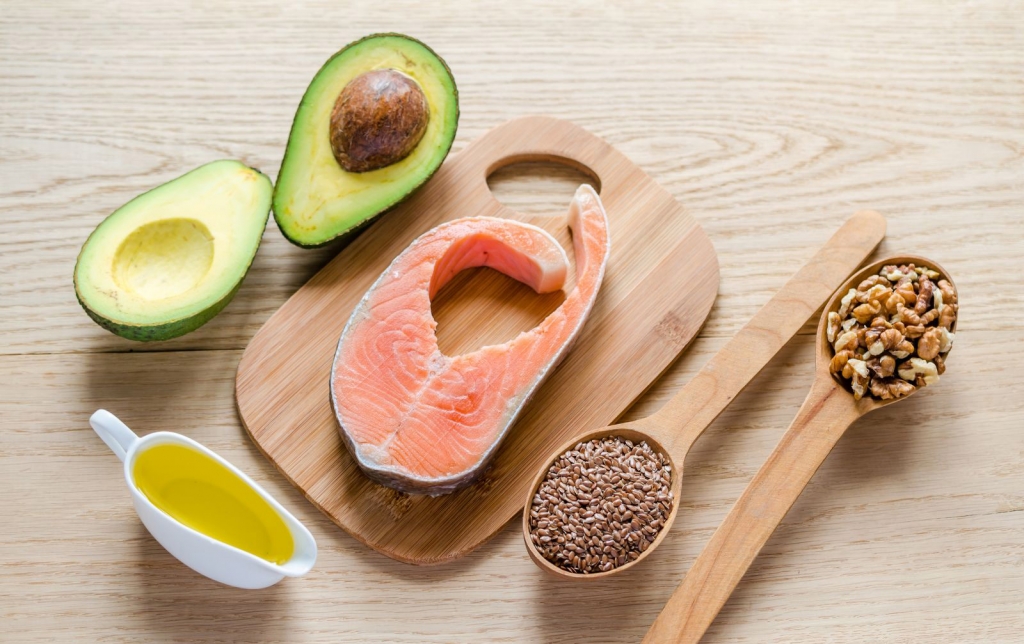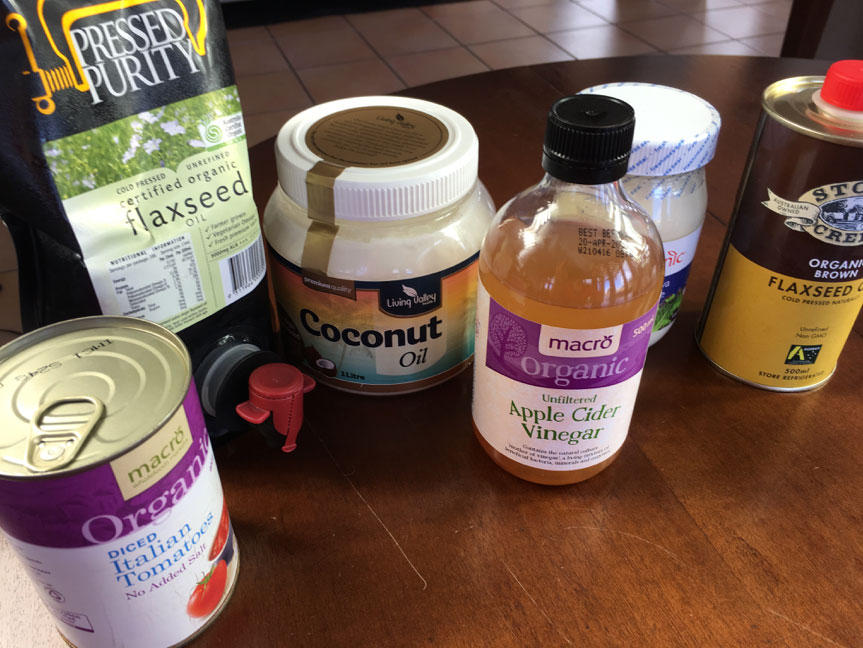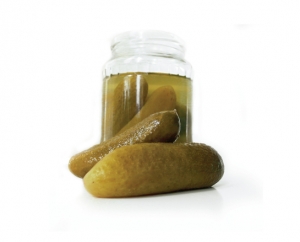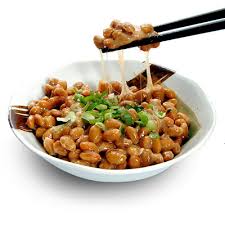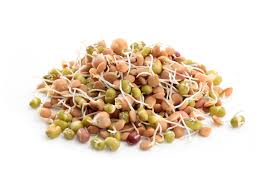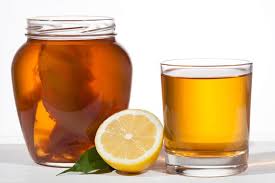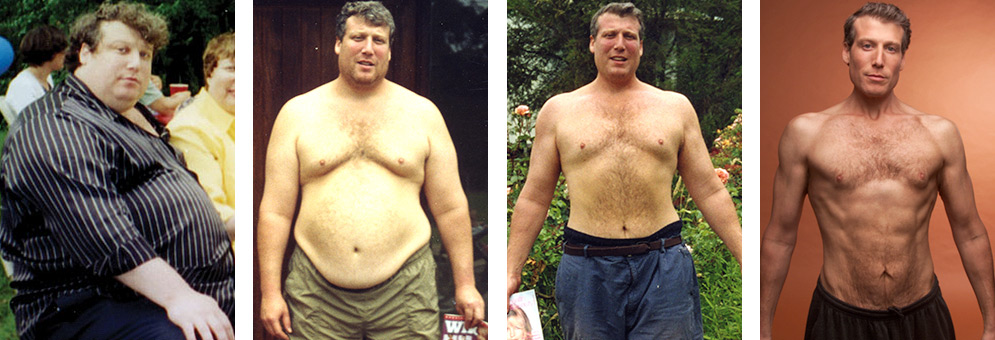Why Eating Fermented Foods Will Help You Lose Weight
Eating fermented foods has been making a huge comeback among people in-the-know these days. Most of these foods have a sour and savory flavor, and although sour is not a taste we’re accustomed to in our modern diet, these foods are in fact delicious and extremely good for your body. The reason is simple. Fermenting anything, especially vegetables, creates healthy probiotic bacteria that are essential to a healthy and functioning digestive tract.
Sustainable Weight Loss Depends on Healthy Digestion
You can be eating all the healthy foods in the world, but if the digestive tract isn’t working right, your body isn’t going to see a dime’s worth of benefit. This is why probiotics are thought to be even more important than vitamins.
By promoting friendly intestinal bacteria, fermented foods help…
- Aid digestion
- Support immune function
- Increase B vitamins (even Vitamin B12)
- Facilitate omega-3 fatty acids,
- Produce digestive enzymes, lactase and lactic acid
- Fight off harmful bacteria and even cancer cells
- Expel toxins and heavy metals from cell tissue.
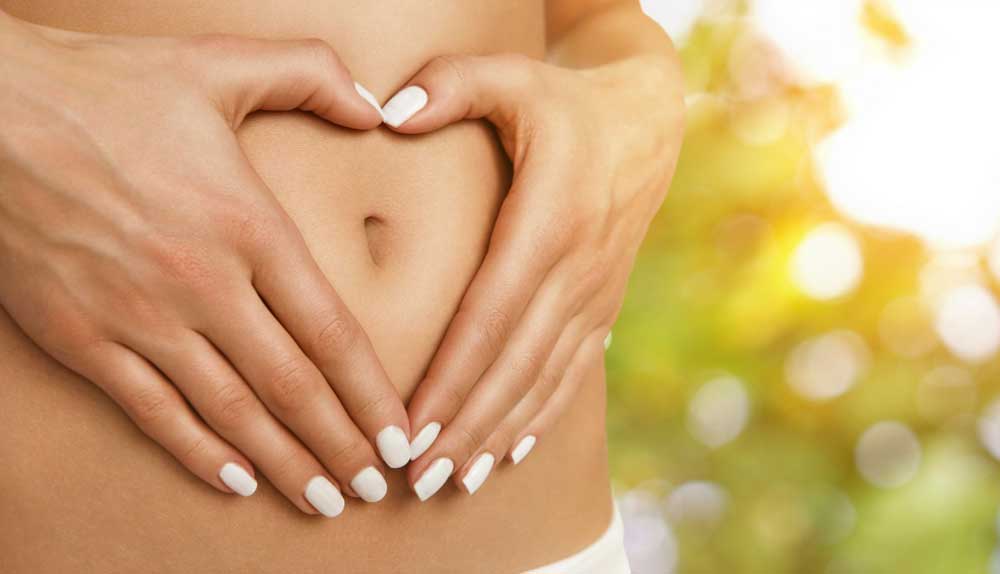
How does this help with Weight loss?
All of the health benefits listed above help reduce the overall inflammation of our body, which is is particularly important when it comes to weight loss.
You may have heard of the conditions called ‘leptin resistance’ and ‘insulin resistance’. One of the factors that causes these fat-gaining conditions is inflammation. Inflammation, more specifically ‘proinflammatory cytokines’ which are the hormones that cause inflammation, activate your body’s FAT triggers. These inflammatory hormones cause the cells of your body to become resistant to ‘leptin’ and ‘insulin’, the two most important fat regulating hormones. Anything that can reduce chronic inflammation helps address one of main causes of obesity.
Studies are coming out all the time now linking unfriendly gut bacteria with obesity. It’s no surprise then that more and more physicians are using probiotic therapy to treat obesity, diabetes, depression, and heart disease as well as a host of other conditions.
What Are Fermented Foods?
Fermented foods are foods that have been through a process of fermentation in which natural bacteria feed on the sugar and starch in the food. This process has been used for centuries to preserve food, and we now know that it also creates beneficial enzymes and various strains of probiotics. When most people think of fermented foods, things like pickles, marinated peppers, mushrooms, cucumbers, artichokes, and even cheese might come to mind. While these foods were traditionally fermented and incur some form of fermentation, they are not the type of beneficial fermented foods that assist in digestive health and weight loss.
Warning! Not All Fermented Foods are Created Equal
Most canned or jarred foods in the supermarket (and even cheese) are processed for mass consumption through a process called pasteurization. Pasteurization is a heating process that kills bacteria. This is useful when prolonging the shelf life of a product but not useful when trying to preserve the healthy bacteria that is so essential for your digestive health.

The Best Fermented Foods For Weight Loss
Pickled Vegetables: Raw Sauerkraut, Kimchi, and raw pickles
Pickled vegetables are a delicious way to add probiotics to almost any savory meal. Eating these live foods adds zest and health to every bite. While they are all easy to make at home with a little fermentation patience, they can also be easily sourced from most health food stores and come in many flavors. These foods are so beneficial that even a few bites a day can be taken like a medicine for your digestive health.
Fermented Soy
Fermented soy products like tempeh, miso, and tamari are great options for vegans and non-vegans alike. Soy, when it is processed, becomes very inflammatory in the body; however, when organic non-gmo soy is fermented it is great for the gut and for the waistline.
Sprouts
Sprouts also have friendly bacteria in it, because it’s actually the probiotic bacteria that cause the seed to open up and sprout. When you’re eating sprouts, you’re getting a good dose of the friendlies!
Kefirs and Kombucha
The best kefirs and kombucha are non-diary and are not sweet to the taste. Sweet drinks, even kombucha, can have an adverse effect on your insulin levels and are not advisable for weight loss.
Milk & Cheese
Milk is usually pasteurized, and the pasteurization process kills the healthy bacteria and means the dairy has a more inflammatory response in your body. The same goes for cheese. Raw milk has lots of healthy bacteria, but unfortunately raw milk is not sold at all grocery stores or always easily accessible. The same goes for cheese. If it’s raw, and especially if it’s aged raw cheese, it’s going to beneficial to your digestive health.
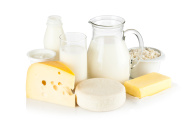
Other Fun Recipes Fermented Foods
Basically, you can take any type of vegetable and pickle it, but there are other interesting choices…
For instance, there is a simple way to make ketchup which if done right, has friendly bacteria and provides a perfect way to get gut-friendly bacteria into the foods kids are eating. It’s just a matter of combining the list of ingredients including organic tomato paste, raw honey, fresh whey, apple cider vinegar, unrefined sea salt, allspice, and some cloves. Let it sit out on the counter for five days, and you’ll have ketchup with friendly bacteria and that kids will love.
That’s just one example, and there are so many other fantastic healthy foods that are easy and fun to make. Get creative, have fun, dip your toe in the water, (or brine as the case may be) and start, healing your gut, your body, your mind, and solve your weight problems.
The key with all foods and the relationship to weight loss is to keep inflammation down in the body. Fermented foods are one of the best ways to ensure that your digestion is healthy and resilient. A resilient body is more able to respond to changes in your life, environment, or food choices and still help you sustain a healthy weight. Since food is the best way to assimilate nutrients, versus supplements, eat your fermented foods every day for healthy weight loss.
Healthy LACTO-FERMENTED Ketchup Recipe
Makes: 1 Pint
Equipment:
– mixing bowl,
– spoon,
– airtight jar for storage (where to find hermetically-sealed jars)
Ingredients
2 C. tomato paste
1/4 C. raw honey
1 tsp. allspice
1/4 C. plus 2 Tbsp. fresh whey drained from yogurt, kefir, or raw milk, or an alternative starter culture
2 tbsp. raw apple cider vinegar, plus extra for thinning the ketchup, if desired
1 tsp. unrefined sea salt (where to find real sea salt)
1/2 tsp. ground cloves
Method
- Mix tomato paste and honey in a mixing bowl.
- Whisk in the whey (or other starter culture), vinegar, sea salt, allspice, and cloves until smooth.
- Put the mixture into a glass container and put the remaining whey or starter culture on top.
- Cover with a cheesecloth and let sit undisturbed at room temperature for 3 to 5 days.
- After 3-5 days stir it thoroughly. Cover with an airtight lid and transfer to refrigerator for storage.
You can use it immediately, and it will last for several months in your fridge.
References:
Science Daily
Science
